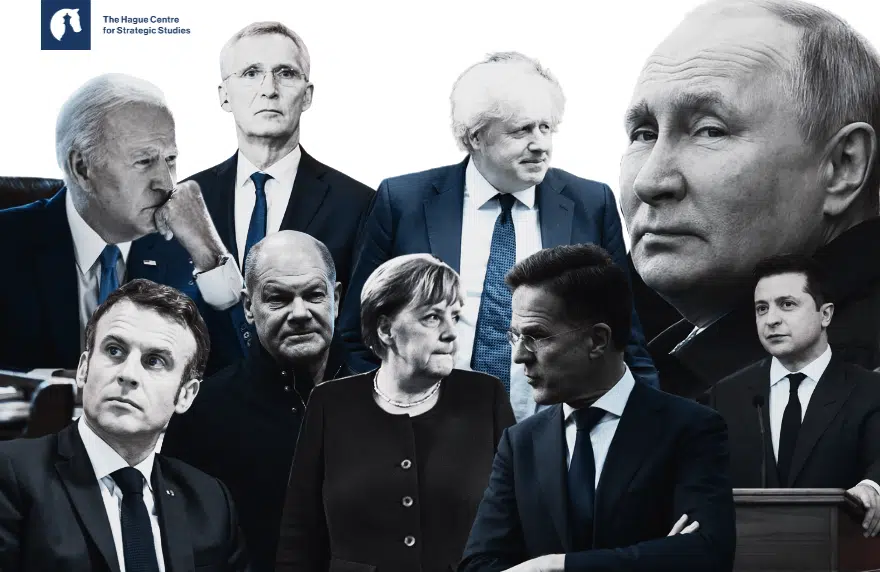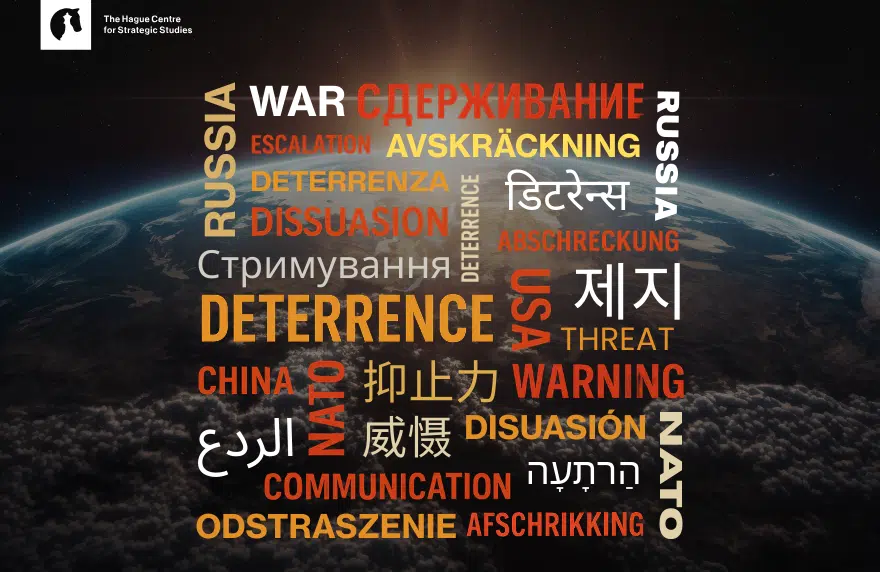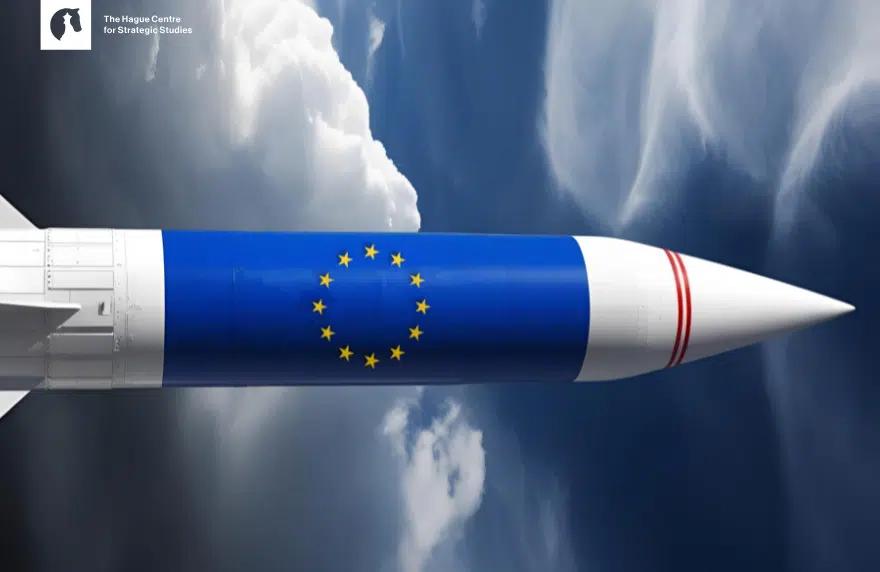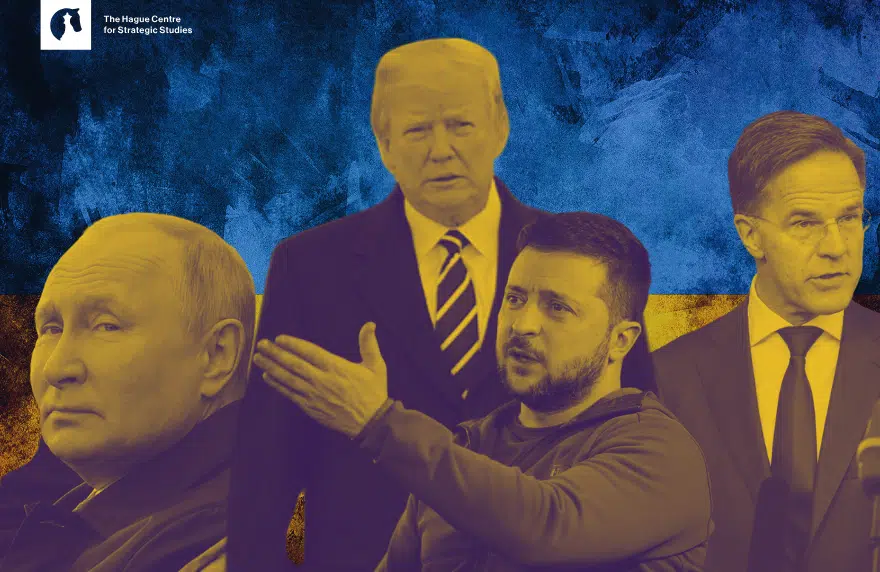Research
Blinded by Bias: Why the West Failed to See Russia’s Invasion Coming
On 24 February 2022, Russia launched its full-scale invasion of Ukraine. Despite months of military buildup and increasingly aggressive rhetoric from the Kremlin, many Western governments were caught off guard. Why were so many clear warning signs ignored? The new HCSS report Blinded by Bias: Western Policymakers and Their Perceptions of Russia before 24 February 2022 offers an in-depth investigation into this crucial question. Its core finding: Western policymakers were not just unprepared — they were blinded by bias.
Based on 44 interviews with senior officials from NATO Headquarters, France, Germany, the Netherlands, the United Kingdom, and the United States, including advisers to presidents, prime ministers and secretary-generals, as well as analysis of media reports, academic literature and official documents, the study examines how entrenched psychological and cognitive biases shaped the perception of the Russian threat — and, in turn, the (lack of) responses prior to the invasion.
Despite Russia fulfilling all the traditional indicators of a credible threat — a clear interest in subjugating Ukraine, the military capability to do so, and a track record of aggression — many Western governments simply couldn’t imagine a large-scale war returning to the European continent. Countries such as the UK and US identified the danger early on and responded more forcefully. Others, including Germany, France and the Netherlands, dismissed the risk of full-scale war as unlikely, irrational, or potentially self-provoked by stronger support to Ukraine.
The HCSS report groups NATO member states into four categories, based on how they perceived the Russian threat and the kind of support they offered to Ukraine:
- Doves: did not perceive an existential threat or high risk of invasion, focused on diplomacy and economic sanctions (e.g., Germany, France, Netherlands).
- Deers: saw an existential threat and high risk, but feared escalation and limited themselves to non-military support.
- Buzzards: considered invasion likely but not existentially threatening, and provided military support (e.g., UK, US).
- Wolves: perceived both existential threat and high likelihood of invasion, and responded with military support (e.g., Poland, Baltic states).
The report by Tim Sweijs, Thijs van Aken, Julie Ebrard, Philippe van Pappelendam and Anna Hoefnagels identifies seven key cognitive and psychological biases that shaped Western threat perceptions:
- Availability Heuristic – policymakers couldn’t imagine large-scale war in Europe because they hadn’t experienced it in recent history.
- Cognitive Dissonance – acknowledging the threat would have required rejecting core beliefs in diplomacy and economic interdependence.
- Mirror Imaging – assuming Russia would act rationally by Western standards.
- Poliheuristic Bias – political leaders avoided high-cost options (like military support) due to domestic concerns.
- Representativeness Heuristic – expectations were based on past limited Russian incursions, not full-scale war.
- Groupthink – internal pressure suppressed dissenting views and alternative scenarios.
- Self-Deterrence – fear of provoking Russia inhibited stronger action.
While the outbreak of war may not have been preventable, the report argues that better recognition of these biases could have led to more timely and robust responses — and can help prepare us for future crises. It offers 20 concrete recommendations, from bias-awareness training and red-teaming to more diverse policy analysis and adversary-based strategic frameworks.
Blinded by Bias is a sobering look at how flawed assumptions, wishful thinking, and institutional blind spots can distort threat perception — and delay critical action in moments of geopolitical crisis.
***
Authors: Tim Sweijs, Thijs van Aken, Julie Ebrard, Philippe van Pappelendam and Anna Hoefnagels.
Contributors: Alisa Hoenig, Ana Dadu, Miriam Sainato and Nora Nijboer.
Including a Preface by Professor Beatrice Heuser.
The chapters of the report can also be downloaded as individual PDF’s here:
The research for and production of this report has been conducted within the PROGRESS research framework agreement. Responsibility for the contents and for the opinions expressed, rests solely with the authors and does not constitute, not should be construed as, an endorsement by the Netherlands Ministries of Foreign Affairs and Defence.









